Molecular Materials
The study of molecular materials extends the long-established field of materials development into the realm of molecular solids. The basic building blocks of molecular solids are covalently bonded fragments in either discrete form (also known as zero-D) with only non-covalent interactions with their surroundings, or in covalently bound 1D, 2D or 3D polymeric assemblies, which may also establish non-covalent interactions with their surroundings.
Molecular materials have attractive potential advantages that include light weight, low cost, low density, flexibility and tunability, among others. The most important fundamental advantage is that all of the properties of molecular materials can in principle be modified through adjustments to the chemical composition of the basic building blocks of the material.
This group prepares and studies new molecular solids, with a focus on aspects that may lead to useful molecular-materials applications. Within a more general study of preparation, characterization and internal structure, we seek out molecular solids that can undergo non-destructive transformations, as a means of preparing solids that cannot be prepared any other way and in order to add a further dimension — switchability — to the properties of the solid.
Non-covalent forces can play an important role — advantageous or adverse — with respect to the plasticity needed for non-destructive transformations.
We have discovered a series of novel behaviors of molecular solids in a diversity of areas. Based on what we have observed to date, we are confident that an even broader array of such behaviors awaits discovery. All of the following take place in molecular crystals.
Contributions in the field of molecular magnetism
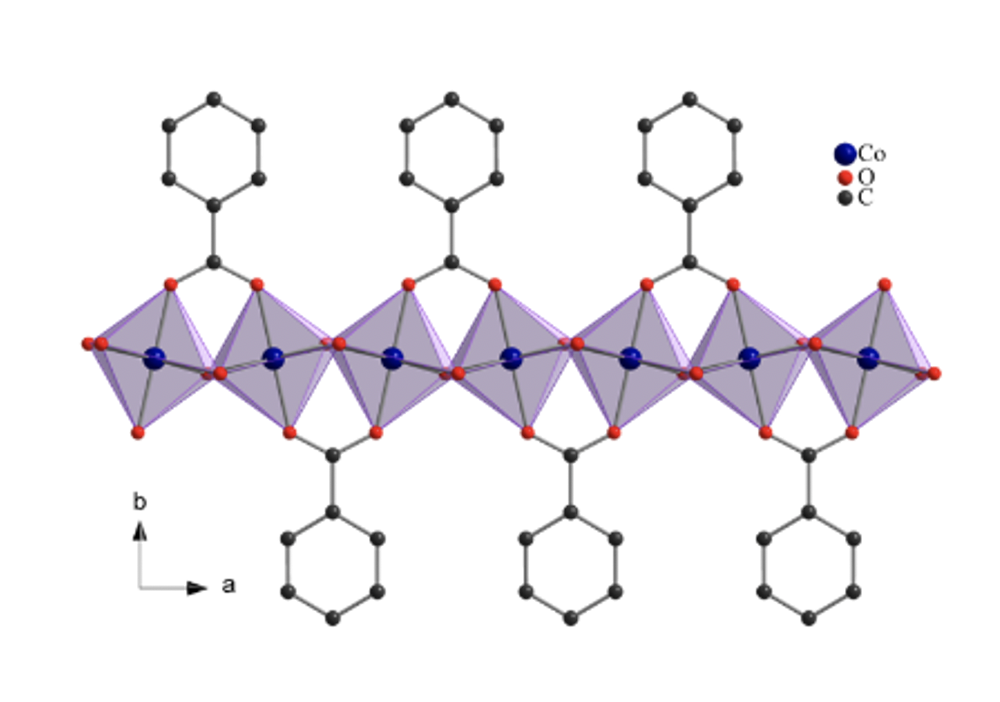
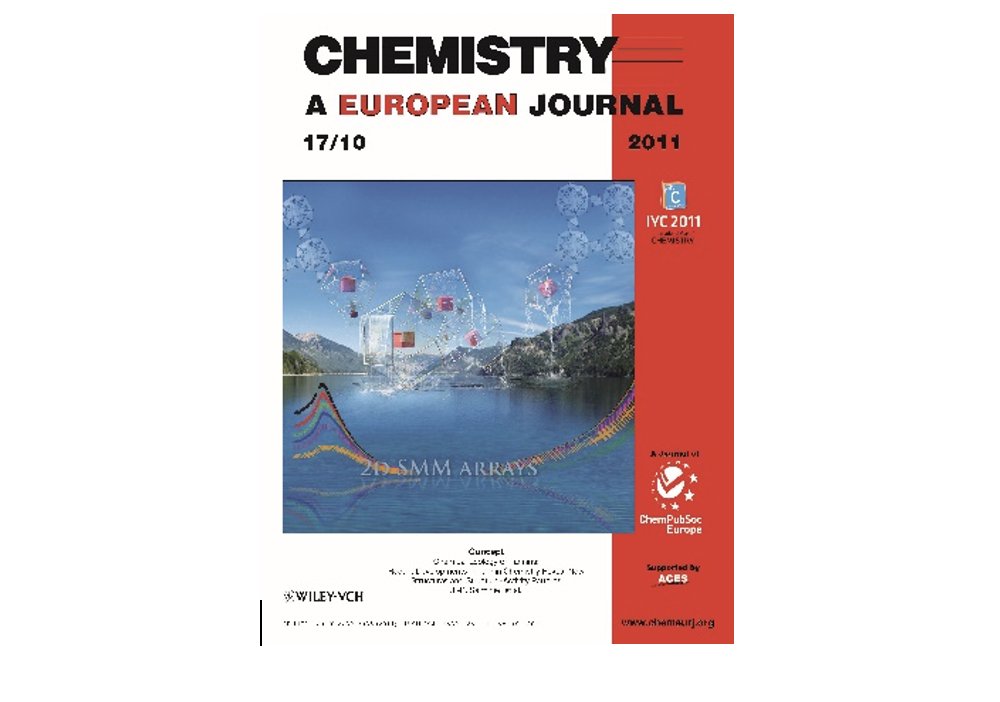
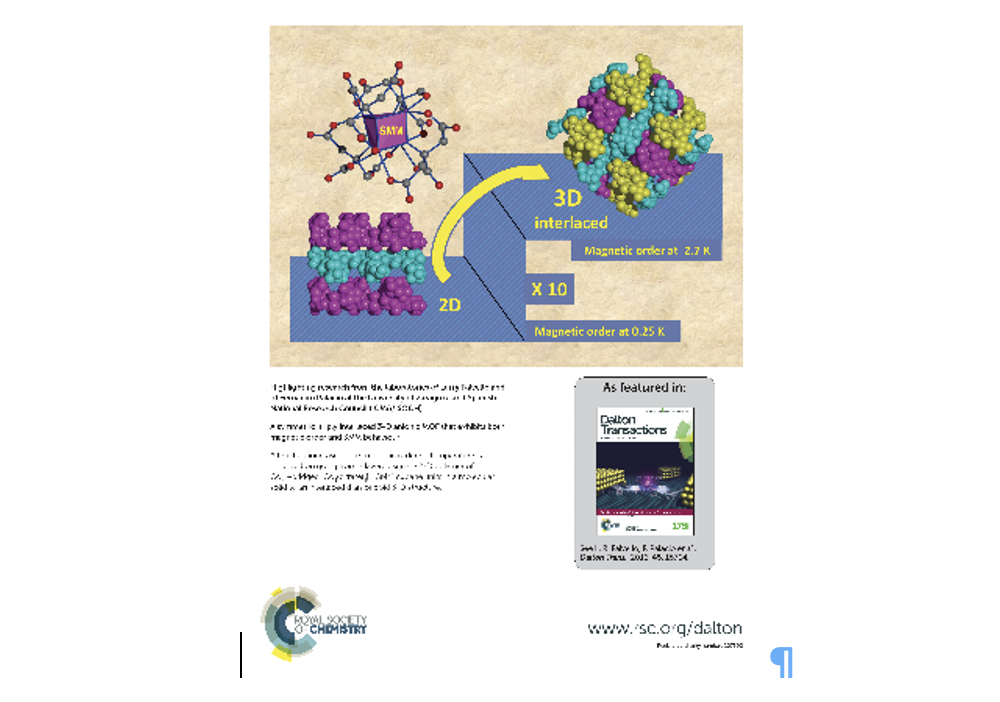
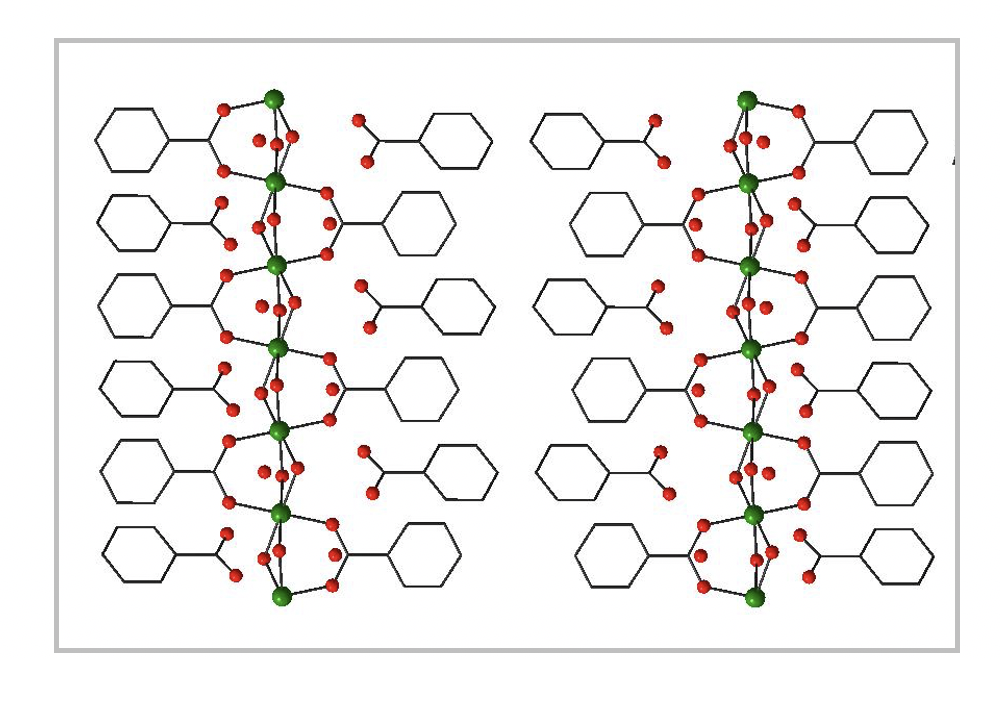
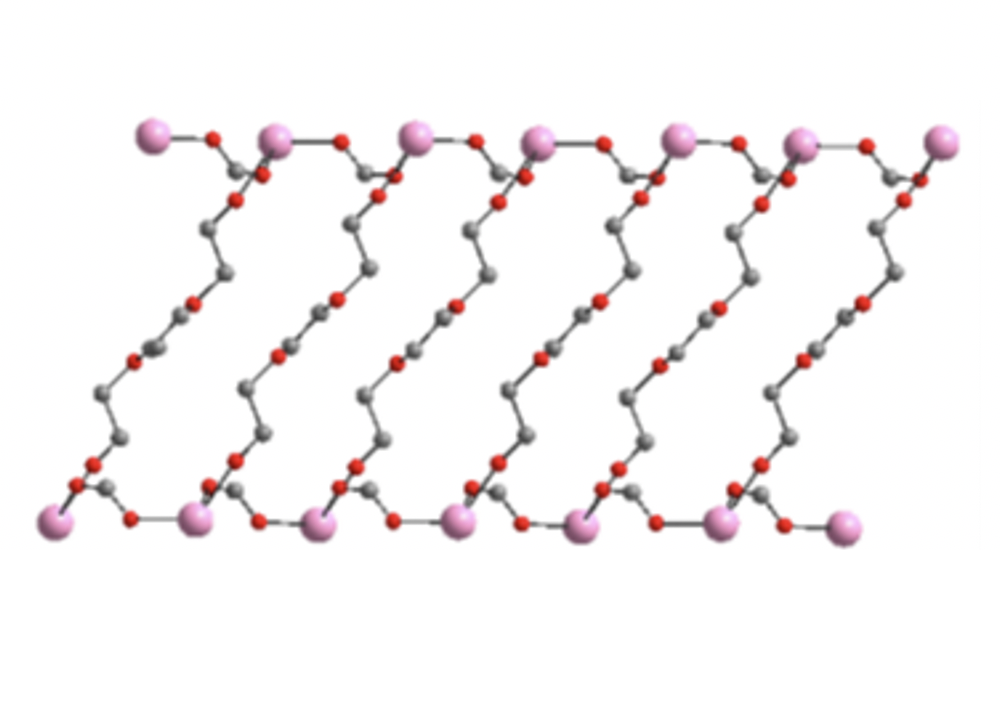
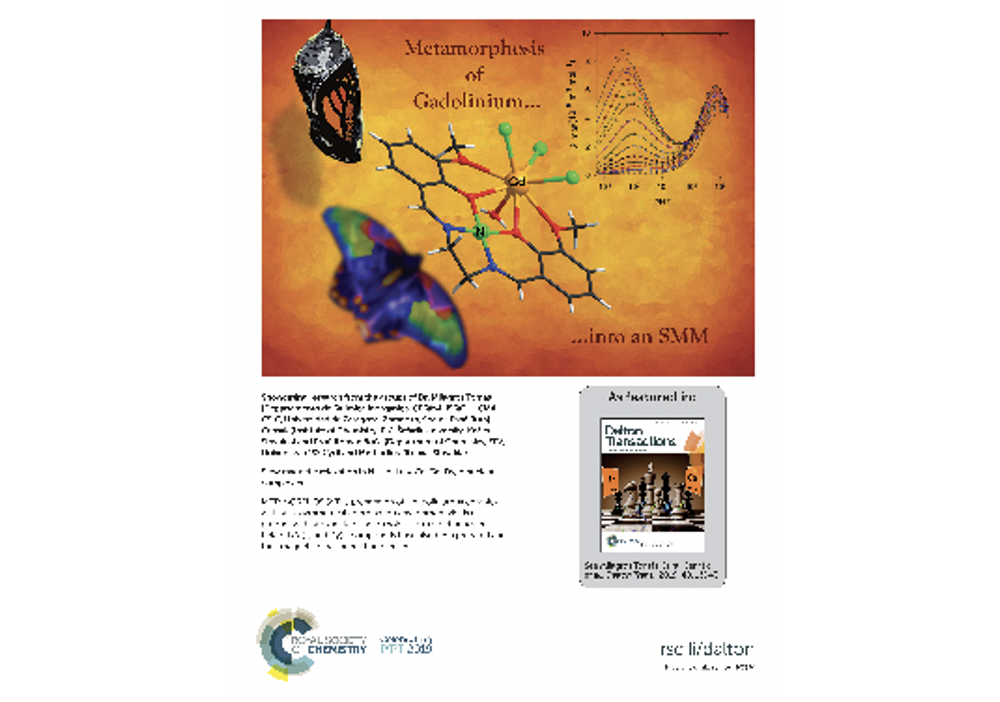
Other areas of interest
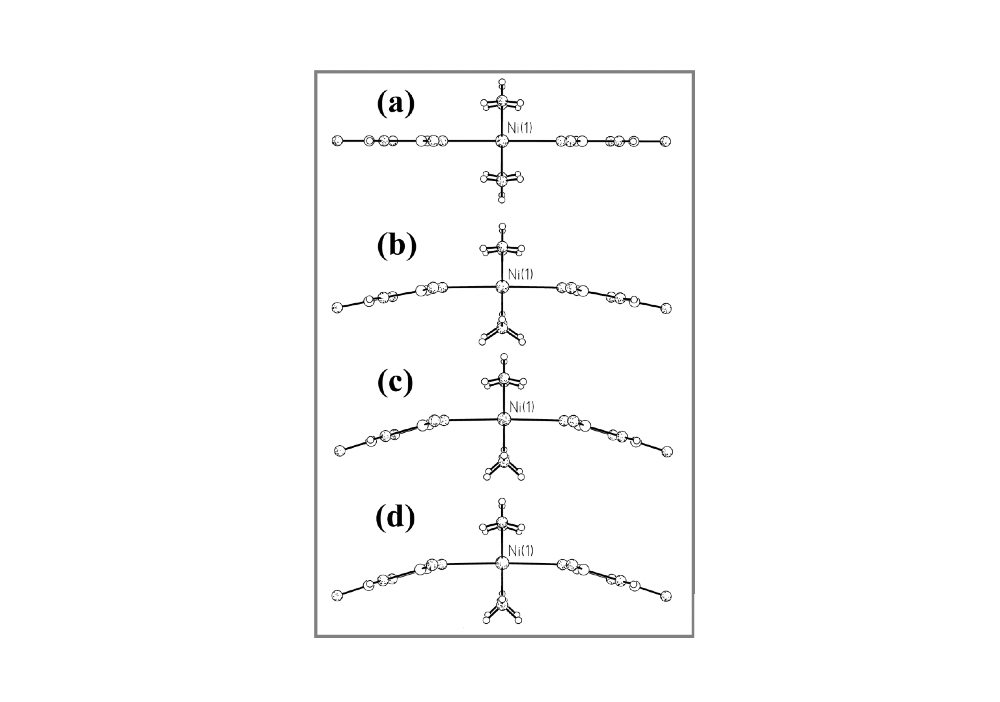
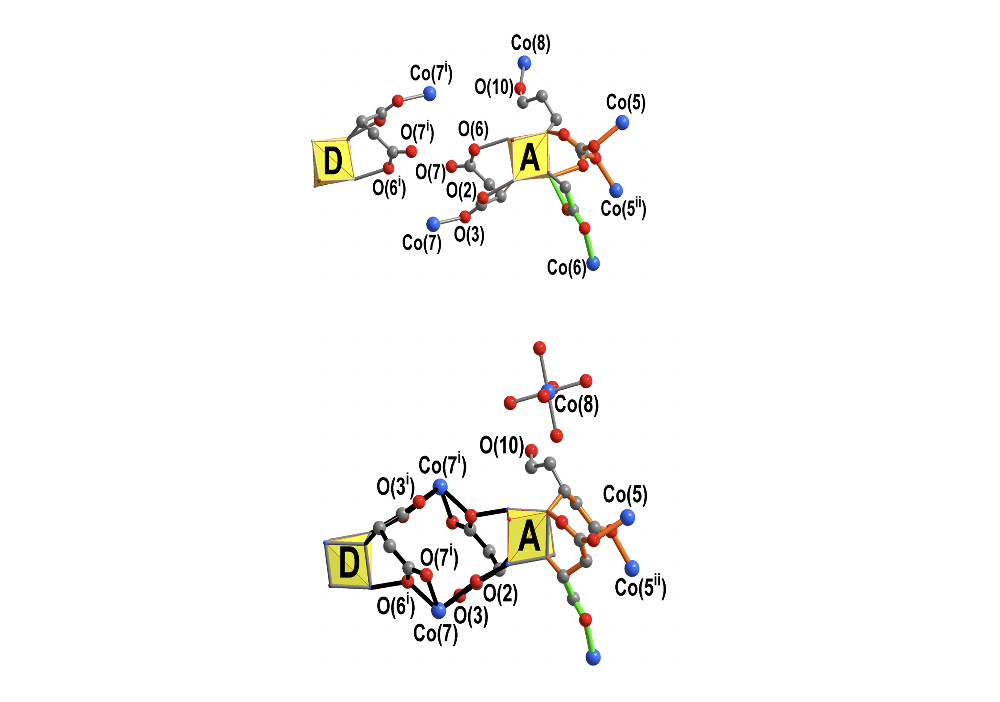
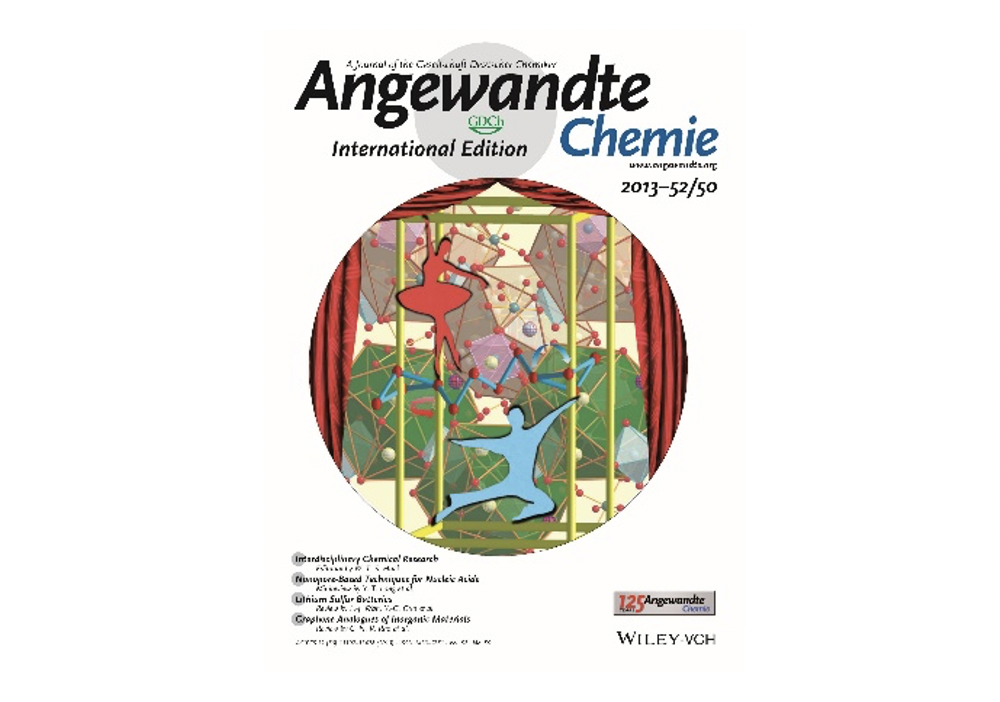
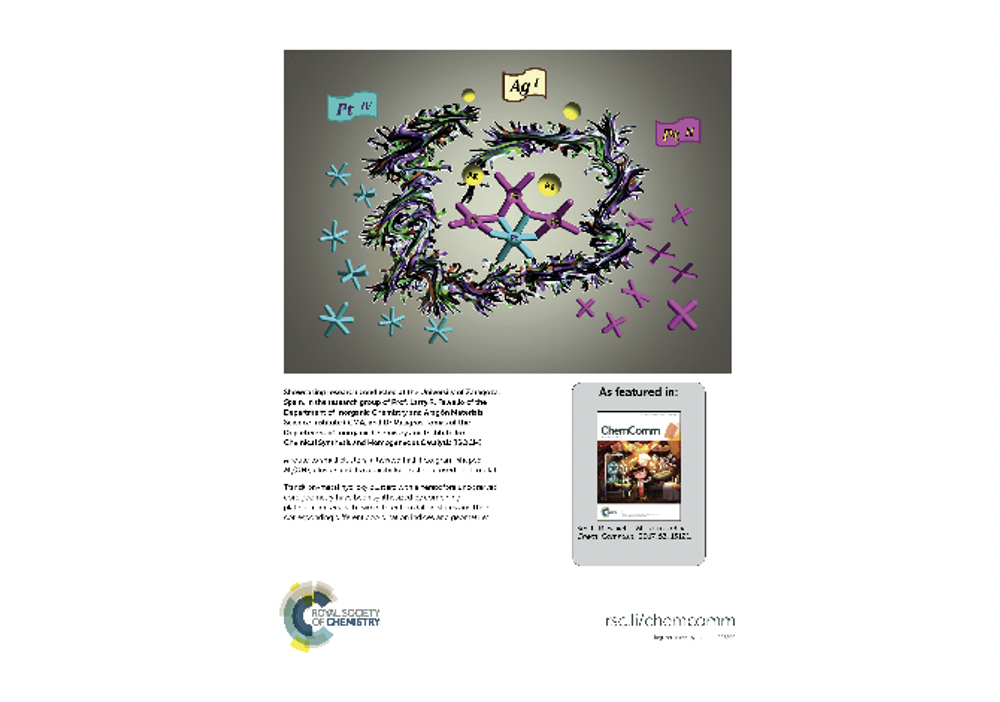
Last projects
Preparación y estudio de Materiales Magnéticos Multifuncionales de carácter Molecular
Gobierno de Aragón – Gr. Consolidado E11_R17 (2017-19)
Materiales moleculares magnéticos multifuncionales para conducción en cristales flexibles y control de quiralidad magnética
MAT-2015-68200-C2-1-P (M4c2m) Ministerio de Economía y Competitividad (2016-2018)
Magnetismo, conducción protónica y transformaciones de monocristal a monocristal en sólidos moleculares de compuestos de coordinación 3D/4D con ligandos polifuncionales.
PGC2018-093451-B-I00 Ministerio de Ciencia, Innovacion y Universidades (2019-2021)
